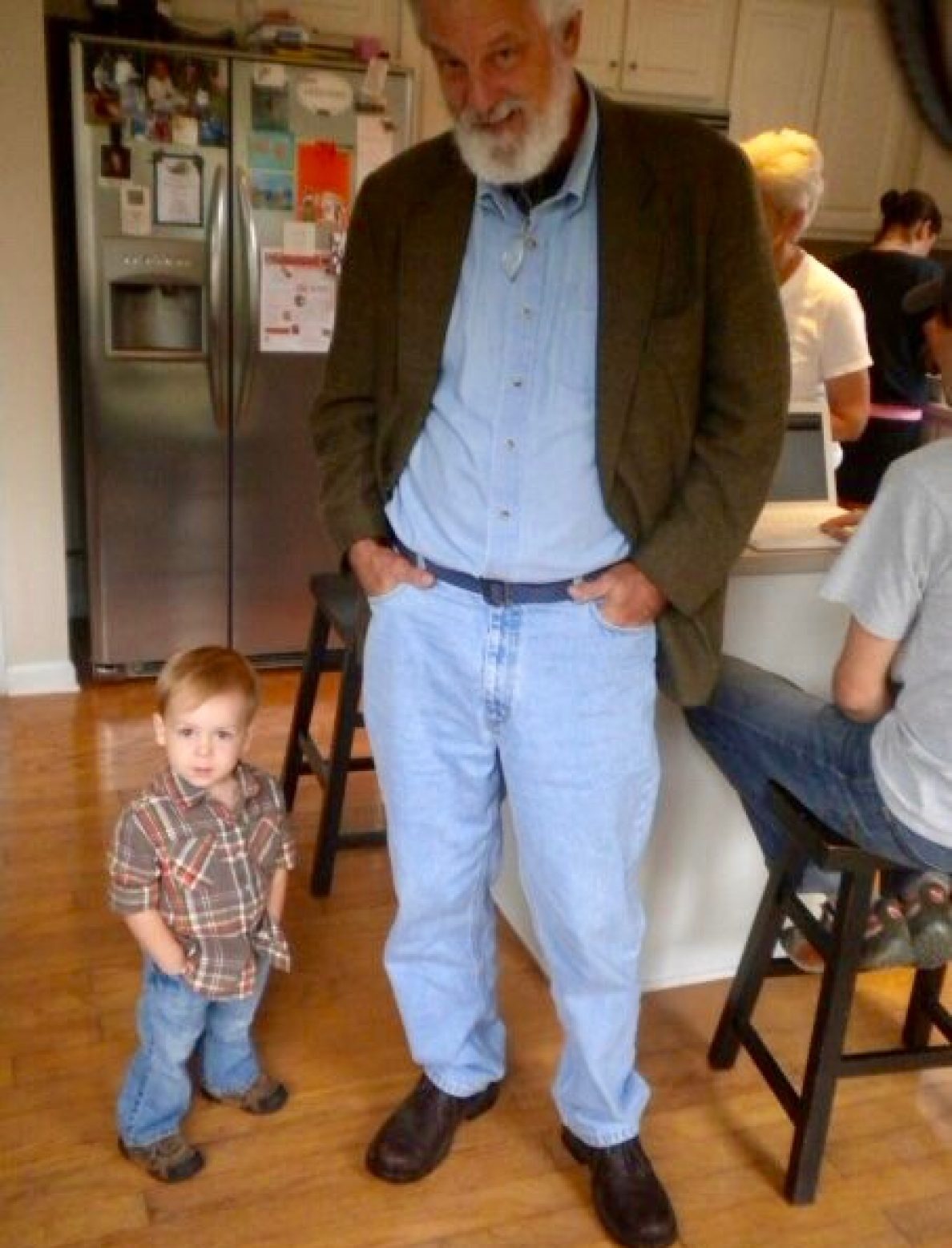Below is the beginning of an article in Christianity Today. It describes an experience of a young man with the police. I have heard the same experience described by other friends of mine. I suggest that, if we have not had this experience, we should be slow to judge the response of others who have.
Paul’s Word to Police: Protect the Weak
As black Christians have long understood, the New Testament has a strong theology of law enforcement.
By Esau McCaulley, August 27, 2020
Esau McCaulleyAugust 27, 2020
I grew up in a poverty-stricken neighborhood in Huntsville, Alabama. By the time I was 16, I was confident that football would be my path to college. The letters and phone calls from college coaches had just begun. All I had to do was perform on the field, keep up my grades, and stay out of trouble.By “trouble,” I didn’t mean my own behavior. I was afraid of being harassed by the police and afraid that I might find myself in an encounter that spun out of control.I came of age in the aftermath of the Rodney King incident, which confirmed my fears of the police. But “driving while black” was not simply a problem I saw on the news. It was something I experienced.One night my junior year, my friends and I had plans to go to the mall and, later, a party in the same part of town. We stopped at a gas station to grab some snacks and fuel before continuing on to the night’s festivities. After I finished filling the tank, I climbed back into the car and got ready to leave. Then I noticed that a black SUV had pulled up close behind us. Another drove up to my left, and another parked in front of my car. I thought I was being carjacked, but who would carjack someone at a well-lit gas station?When police came filing out of the SUVs, I realized what was going on. “Put your hands where we can see them,” an officer said.“I’m not putting my hands anywhere,” one of my friends said.Right then, my future flashed before my eyes. Had all my planning been for naught? Had I exchanged my dreams for a bag of chips and a few gallons of fuel?I told my friend to be quiet and do as the officer said. When the officer ordered us to get out of the car, we complied. I asked him what was going on. He said that this particular gas station was a known drug hub and that he had seen us conducting a drug deal. I couldn’t help but think that this location was also a known place to acquire gas. But what could we do?The whole thing lasted less than 20 minutes. They found nothing in their search. I expected some apology, some further explanation for why they had detained us other than for being young and black. Instead, they gave us back our licenses and told us we were free to go.But I didn’t feel free. I felt powerless and angry. I had come too close to losing it all: the football scholarship, the path out of poverty, and the chance to help my family. I had been briefly terrorized.Over the years, I have been stopped between seven and ten times, on the road or in public spaces, for no crime other than being black. The people I love have also been stopped, searched, accused, and humiliated with little to no legal justification. These disclosures might give the impression that I don’t like police officers. On the contrary, I have known many good ones. I recognize the dangers they face and the difficulties inherent in the vocation they choose. But having a difficult job does not absolve one of criticism; it simply puts the criticism in a wider framework. That wider framework has to include the history of the police in this country—their legal enforcement of racial discrimination and the terror they have visited on black bodies.The dark silt of that history has been brought to the surface by recent events, most notably the murder of George Floyd at the hands of police. The many protesters who have marched in our nation’s streets bear witness to the fact that Floyd is not the first. Black Americans have been “under the knee” for not days or weeks but centuries, and this cumulative oppression is once again front and center in our national consciousness.More of this article may be read at Christianitytoday.com
